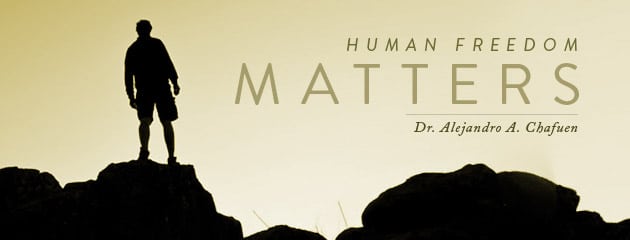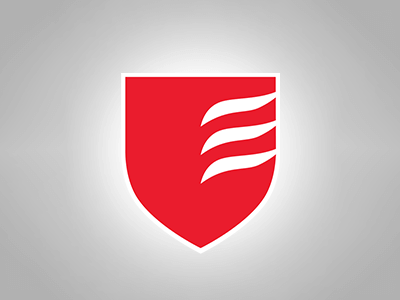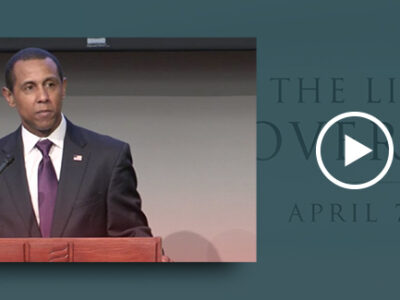
Editor’s note: A version of this article first appeared at Forbes.com.
 “If it matters, measure it” is the motto of the Fraser Institute, the leading Canadian think tank, where I have been a trustee since 1991. More than a motto, the focus on measurement permeates and guides all the work of the institute. As few things matter more than freedom, it is only fitting that Fraser has embarked in its most ambitious methodological effort: measuring human freedom.
“If it matters, measure it” is the motto of the Fraser Institute, the leading Canadian think tank, where I have been a trustee since 1991. More than a motto, the focus on measurement permeates and guides all the work of the institute. As few things matter more than freedom, it is only fitting that Fraser has embarked in its most ambitious methodological effort: measuring human freedom.
Fraser was a pioneer in the elaboration of economic freedom indices. Its first index was produced in 1996. A newly released book, produced in collaboration with the Liberales Institut of Germany, is cautiously titled: “Towards a Worldwide Index of Human Freedom.” All the chapters in this book (almost 300 pages) deserve careful study by those interested in human liberty.
Before releasing the first edition of its economic freedom index, Fraser ran a series of symposia to discuss the possibility and nuances of measuring economic freedom. They involved Nobel Laureates, such as Milton Friedman and Gary Becker, and other economic experts. To my knowledge, no such lengthy debates preceded the production of this index. Most of the authors, however, have an extensive career focusing on economic freedom.
This new book is enabling many of those who have devoted their life to the study and promotion of freedom to engage in the debate of how to measure a more elaborate concept. Ian Vasquez and Tanja Stumberger, who prepared the statistics, write “Our hope is that the current paper will stimulate a more focused discussion about the suitability of the data and about a sensible approach to their use.” I offer my comments below:
Human freedom, in Fraser’s methodology, encompasses personal as well as economic freedoms. I define political economic freedom as “the right of adults to try to use what they own as they please.” This definition fits very well with Fraser’s measurements of economic freedom. There is another freedom which also motivates human beings. It has more to do with the spirit than with economics. In the Christian tradition this concept was expressed beautifully and simply in the Gospels: “Know the truth and the truth shall set you free” (John 8:32). Those who focus on politics and economics sometimes shun this concept, “so defined, one can be free in a jail.” Correct! It is a legitimate choice to prefer to die in a jail for an unjust cause, with the freedom of knowing that one has a clean spirit, than dying as a slave of addictions surrounded by material riches. Those who choose to drug themselves might be exercising their economic freedom by going to the top of a skyscraper and jumping to their death while shouting, “Look how free I am!” However, calling this action an example of personal freedom seems a misnomer.
It is not surprising to see New Zealand, the Netherlands, and Hong Kong at the top of this ranking. The countries scoring worse will not alarm anyone either: Myanmar (was Burma) and Pakistan. It is when we look at specific cases and regions where some of the results cause surprise. Singapore, for example, which ranks in at number two in economic freedoms, falls to number 39 in human freedom, behind El Salvador and even Albania. Argentina, a country that has squandered countless riches by restricting economic liberties, improves from number 94 in economic freedom to 56 in human freedom.
Checking the region that I know best, Latin America, we see the index coming with logical winners and losers, with Chile as the champion and Venezuela as the worst. But Venezuela appears as the nation in the Americas which improved the most during the period of the study (2002-’08). If we remove Venezuela as an extreme case, and we make a statistical correlation of all the other countries in Latin America, this preliminary data set shows a very low correlation between personal and economic freedom. Countries with low level of economic freedom, like Argentina and Brazil, appear to have high personal freedoms.
Future versions of this index might want to consider that often legal remedies for discrimination against minorities, as for homosexuals, which are given special focus in this study, go hand in hand with restrictions on free association and free speech for religious and other organizations. This has happened in Brazil, and people fear it is happening in the United States as well. Michael E. Walker and Fred McMahon, the two outstanding economists who led this effort at Fraser, deserve much credit for launching the most serious effort to date to measure what matters, and giving us so much material to ponder.






Pingback: Social Justice And Pope Francis: Choosing Freedom Over Serfdom. Alex Chafuen – Cedice Libertad